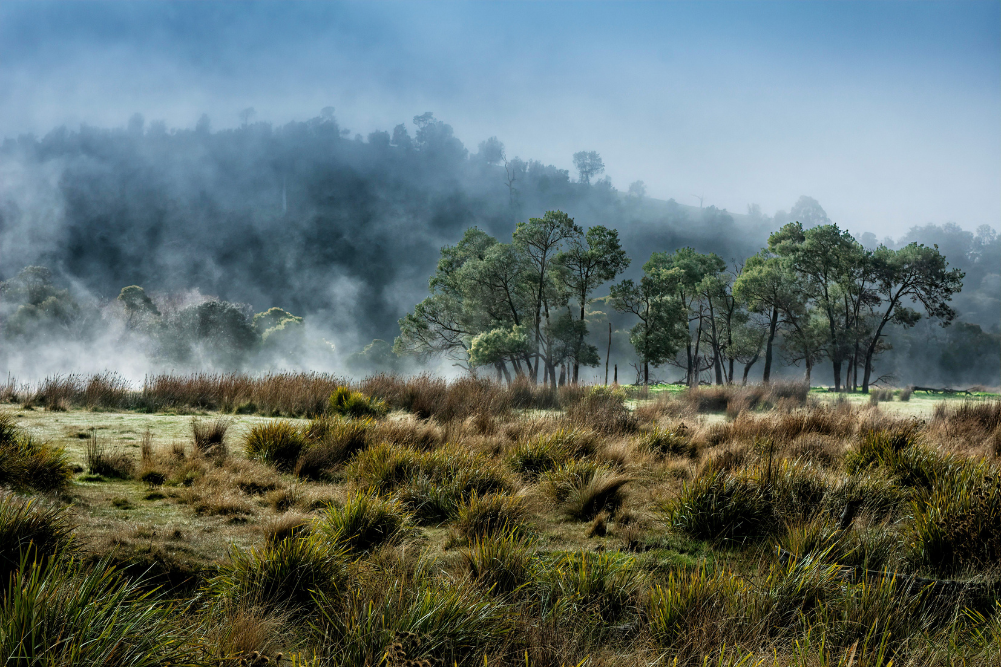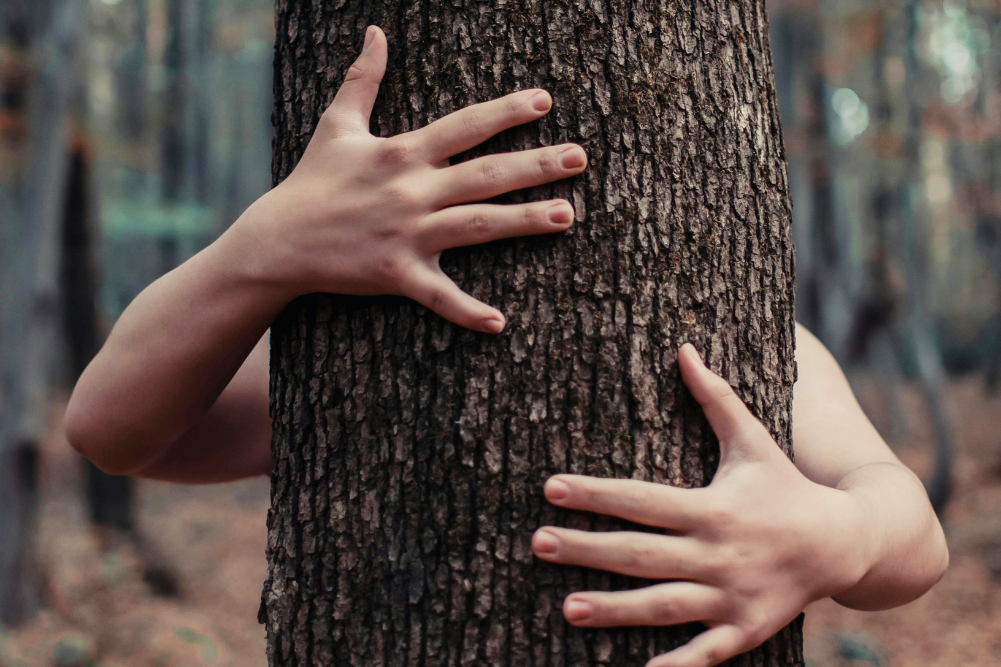Sustainable beer that tastes like beer but without hops
Beer lovers are all too familiar with the “hoppy” taste of beer. This flavour and bitterness comes from hops – a crop which is water-intensive and energy-intensive.
The essential oil content in hop also varies which makes it difficult to achieve a consistent flavour.
Hops are also an expensive ingredient for breweries to source and they consume a large amount of natural resources – water and fertilisers to grow the crop and a lot of energy to transport the crops.
Beers which were produced using the engineered strains were perceived as “hoppier” than the traditional control beer made from hops and regular yeast.
A pint of craft beer can require 50 pints of water just to grow the hops which are dried flowers of a climbing plant.
But can beer be produced without hops to give it that “hoppy” flavour?
Researchers from UC Berkeley did just that.
They engineered brewer’s yeast to biosynthesise aromatic monoterpene molecules that impart hoppy flavour to beer by incorporating recombinant DNA derived from yeast, mint and basil.
Two of the genes- linalool synthase and geraniol synthase – code for enzymes that produce flavour components are common to many plants other than mint and basil. But genes from other plants that have linalool synthase activity, such as olive and strawberry, were not easy to work with.
The researchers used a specially designed computer program to get the right mix of linalool synthase and geraniol synthase in proportions similar to commercial beer.
They then asked a malting and brewing expert to brew beer from three of the most promising strains using hops only in the initial stages of brewing during which the wort was used to create bitterness but not flavour.
The flavour was derived by the new yeast strain.
Beer was also crafted using standard yeast and hops.
In a double blind test employees of Lagunitas Brewing Company in California were asked to taste test the two types of beer and were asked to rank hop aroma intensity on a scale with “No difference” ”at one end and “Extreme difference” at the other end.
The first panel consisted of 27 employee participants (17 males and 10 females) and the second panel consisted of 13 employee participants (11 males and 2 females). Their experience ranged from 2 to 154 tasting sessions attended in 2017.
The ages of the participants ranged from mid-20s to mid-50s.
All participants also received a basic sensory training as per the company standard.
Beers which were produced using the engineered strains were perceived as “hoppier” than the traditional control beer made from hops and regular yeast.
They also detected notes of “fruit loops” and “orange blossoms”. However no off flavours were detected.
The study shows that consistent flavour can be achieved in beer by using the appropriate tools and production methods. By using engineered yeast synthesised with flavour molecules from plants like basil and mint, beer can be produced without a heavy reliance on hops in a more sustainable way.
Source: Nature Communications








